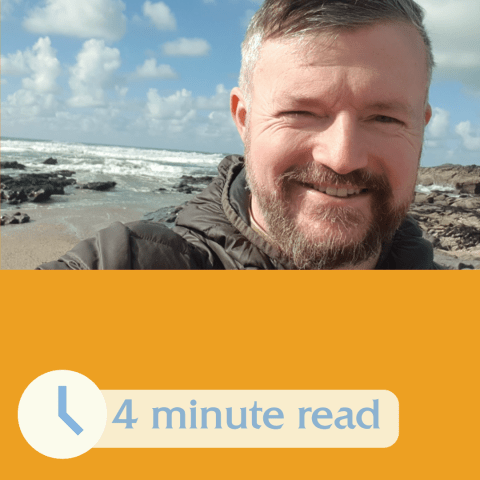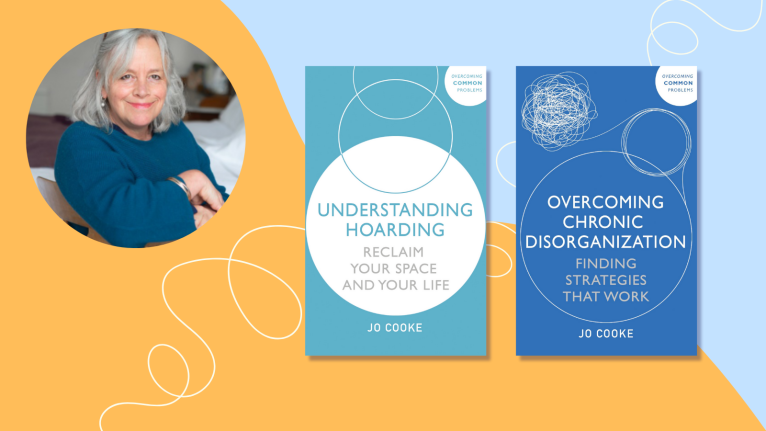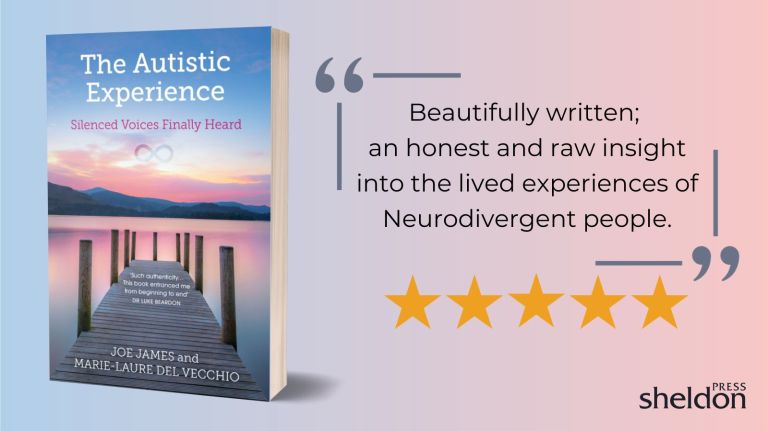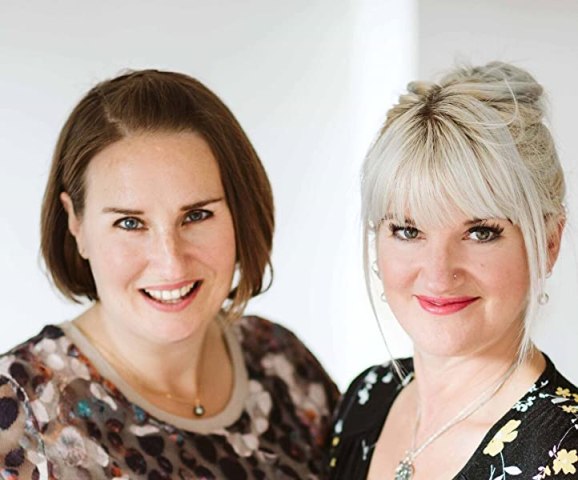Lean into your ADHD strengths, ignore the noise – extract from Now It All Makes Sense
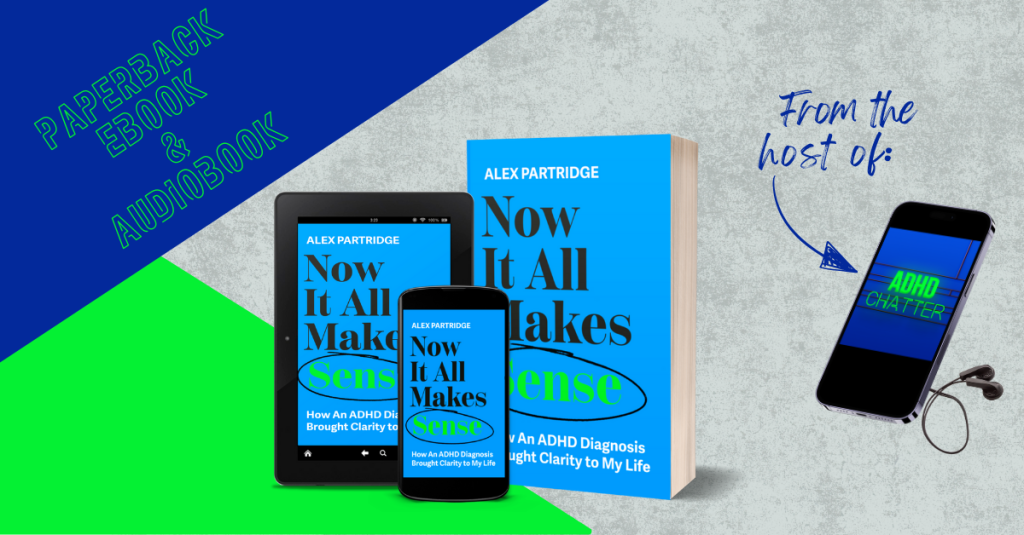
Hitting The Sunday Times Bestseller list on the week of publication, Alex Partridge‘s debut Now It All Makes Sense discusses his own life experience as the founder of UNILAD and LADbible, his struggles with mental health and alcoholism, and the incredible clarity his ADHD diagnosis brought to his life. Not only this, it distils what he’s learned from interviewing over 150 experts and ADHDers on his hit podcast, ADHD Chatter.
In this extract, adapted from the chapter on finding and harnessing your ADHD strengths, Alex uses examples from his own life to show how reframing your natural differences can be the secret to discovering your strengths!
Lean into your ADHD strengths, ignore the noise
Many of the patterns of behaviour that I associate with ADHD (and which have played a huge part in my success) contradict what society says is ‘normal’. For example:
● I don’t work at ‘normal’ times.
● I don’t complete my work in advance.
● I don’t work well in teams.
I’ve tried to do these three things. I’ve tried to force myself to sit down and work during the normal nine-to-five slot, but my brain is a stubborn beast that prefers evenings.
I’ve tried to complete work in advance, but unless it’s due tomorrow, I end up on YouTube learning about the unknown mating habits of blue whales.
I’ve tried to work in teams, but my social anxiety blocks my creativity.
I also don’t use organizational tools that are designed for neurotypical people. For most of my life I used the electronic calendar on my phone because that’s what I thought adults are supposed to do. This method came with a problem. I always forgot to check my electronic calendar. How am I supposed to remember to check an app on my phone? I can set myself reminders and all of that, but I realized there is another solution.
I have a large whiteboard on my desk. It’s the perfect ADHD-friendly calendar. It’s big, bright and always directly in front of me. It has colour-coded magnets that really help me stay organized. I used to be ashamed of people seeing it because I thought it looked childish, but now I can’t stop talking about it.
I’ve always been told that my ideas are ‘too much’ or that I should ‘slow down’. For example, when I started UNILAD I had lots of competition. I was eager to push ahead and become the No. 1 Facebook page in the UK. Everyone else was marketing their Facebook page in the traditional way. I, however, decided to think outside the box and started the ‘Safe Sex Campaign’.
All my university friends told me the idea was silly. They said I should stick to the traditional ways to promote a business because that’s what we were taught in school and that’s what works. My creative mind, however, was convinced this was a good idea.

The idea was simple: anyone that followed the UNILAD Facebook page would receive free contraception. I impulsively rushed down to my local sexual health clinic and pitched the idea to them. They loved it. They said a campaign like this was ‘much needed’. They gave me two industrial-sized boxes of contraception (I got some funny looks walking home that day) and they agreed to fund the postage and packaging costs.
I announced the campaign the same day. It went viral. Approximately 35,000 students joined the UNILAD Facebook page in 48 hours. The campaign quadrupled the size of the business overnight and it didn’t cost me a penny.
Two weeks later I received an email from the largest pizza company in the world. They offered me a significant amount of money in exchange for some promotion on UNILAD. I must have read that email 50 times. My mind was simultaneously in shock and also making the decision to drop out of university. That was the validation I needed. UNILAD was suddenly a viable business model.
I have lots of examples like this and they all have one thing in common: they are all done on impulse. I just ‘do’ things. I think you have to have ADHD to understand what I mean by this. Society often tells us we need to analyse every possible outcome before we take action. It tells us we need to make a business plan. It tells us we need to be risk averse and to be sensible.
I’ve spoken to many high-achieving people with ADHD and they also just ‘do’ things. They impulsively started their business, or they impulsively began guitar lessons and then three years later were a successful professional musician.
Our ability to just ‘do’ things without worrying too much about the risks is a strength we must embrace. If that ‘thing’ doesn’t work out, then we just ‘do’ something else, and so on, until we find our ‘thing’. We all have one and when we find it, our ADHD brain enables us to obsess over it and become world class in that field.
I’ll say it again: many of the patterns of behaviour that I associate with ADHD contradict what society says is ‘normal’. Society begs us to be cautious, but people with ADHD are the original hunters. We’re doers. We create stuff. We start things. The moment I stopped trying to be ‘normal’ was the moment I started to thrive.
Now It All Makes Sense is available now in paperback, audiobook and ebook.



